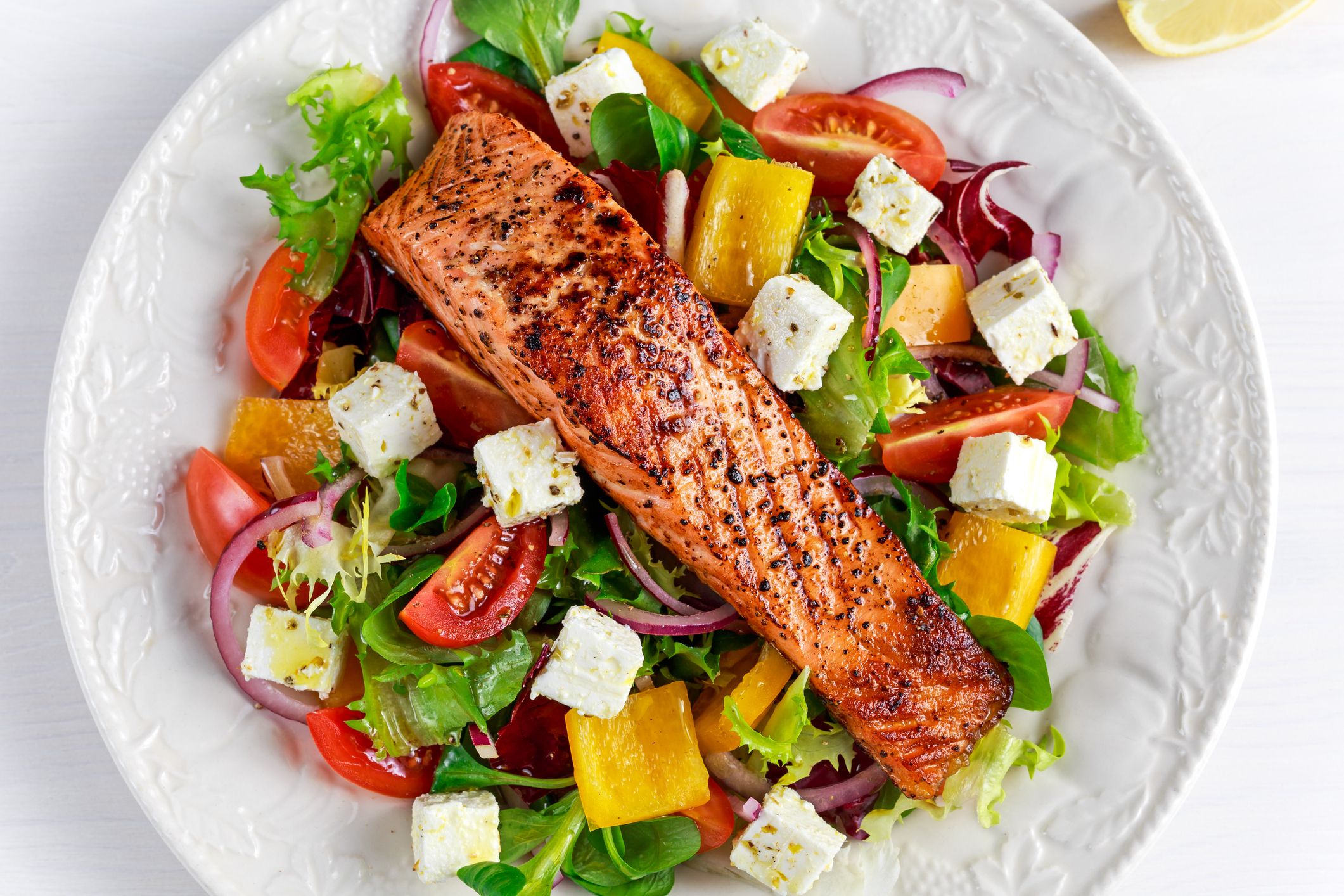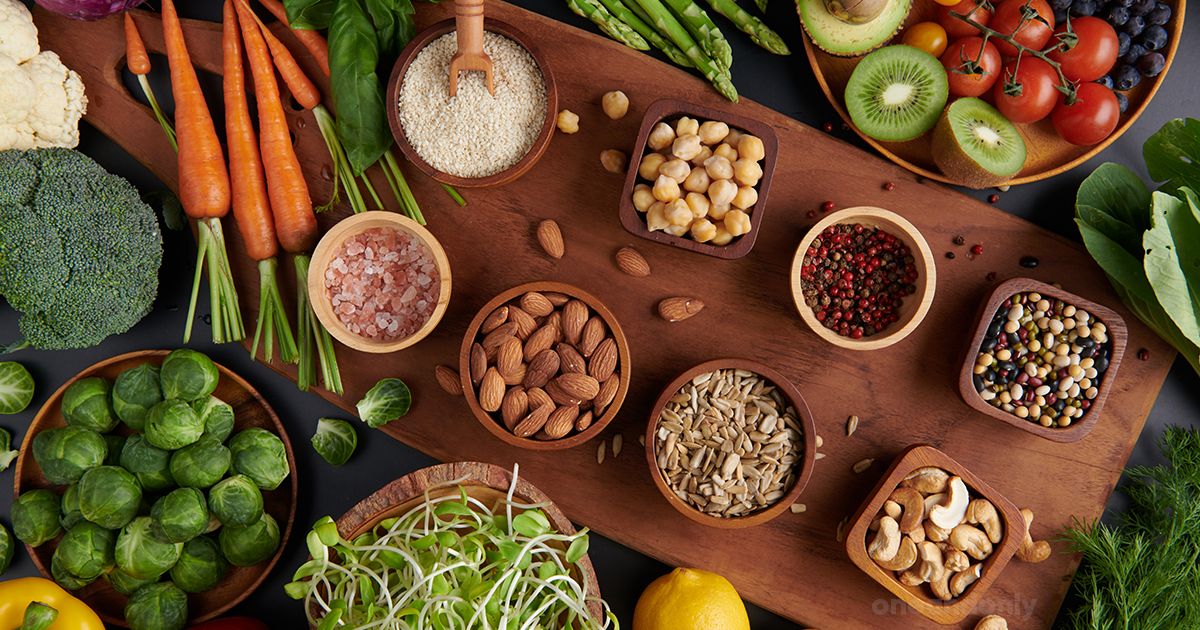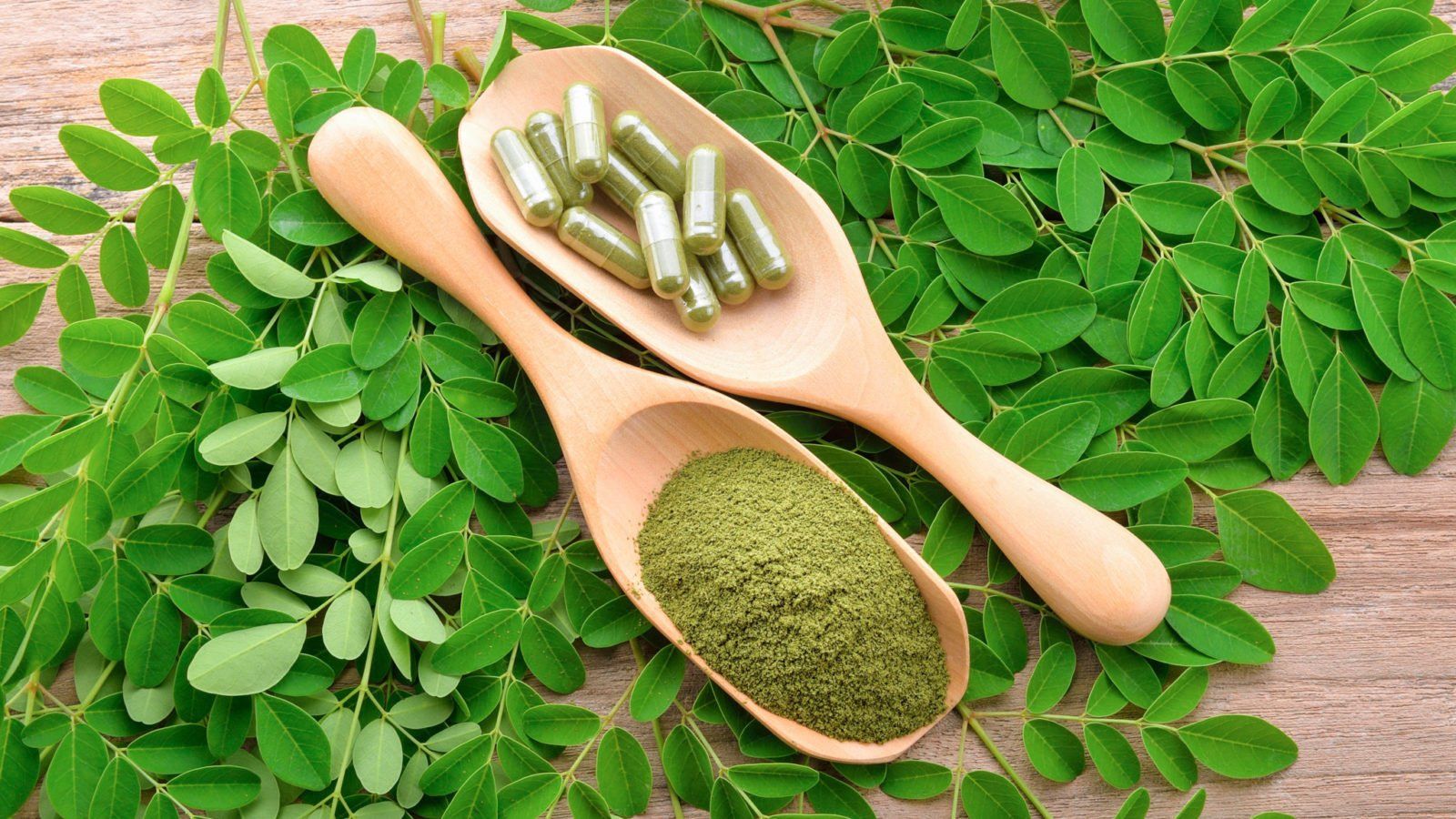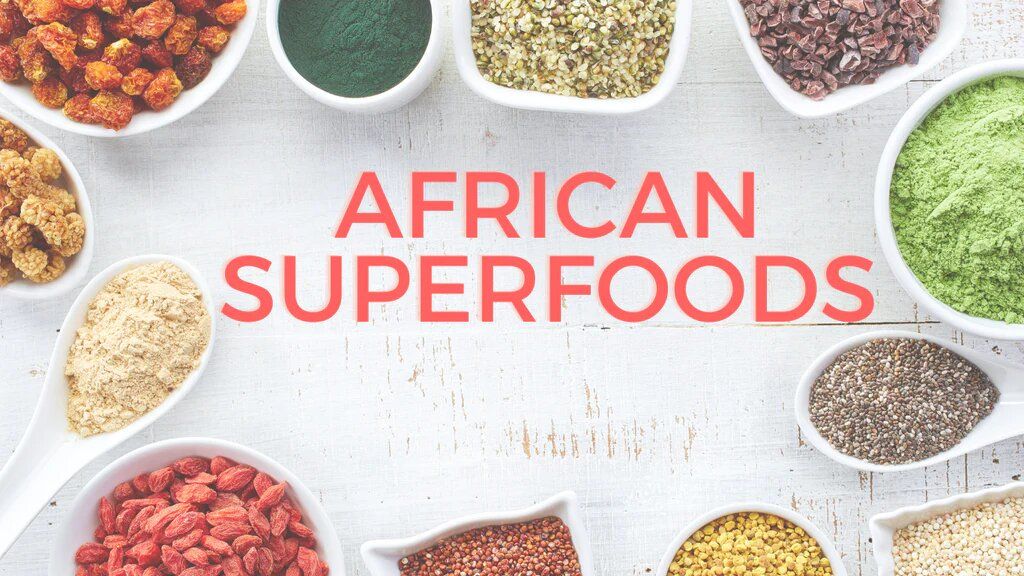Is Your Diet Lacking the World's Most Nutrient-Dense Foods?
Eating healthily is more than just counting the calories on your plate or avoiding fatty foods. Imagine two meals: both have the same amount of calories but one is a fast-food burger and the other is a plate with grilled chicken fresh veggies and quinoa. While both might fill you up the second meal is way healthier because of the good stuff it contains—like vitamins and nutrients.
What we're really talking about here is the importance of the quality of food. Good quality food gives you energy keeps you in a good mood and helps your body stay strong. Think of it like fuel for a car; better fuel makes the car run smoother and last longer.
So the big question we're exploring in this article is: Are you getting the best "fuel" from your food? Are you eating foods that are packed with nutrients? Dive in with us and let's find out together how you can eat better and feel better!
What foods are the most nutrient-dense?
Nutrient-dense foods are packed with vitamins minerals fiber and antioxidants. These are the superheroes of the food world that provide your body with the essential nutrients it needs without unnecessary calories. Let's dive into the world of nutrient-dense foods and explore what they are and how they can benefit your life.
1. Understanding Nutrient-Dense Foods
Nutrient-dense foods are those that provide high levels of nutrients compared to their calorie content. These include whole unprocessed foods such as fruits vegetables whole grains lean proteins and healthy fats.
a. Fruits and Vegetables:
Fruits and vegetables like berries kale spinach and broccoli are some of the most nutrient-dense foods available. They're filled with vitamins A C and K fiber and antioxidants that help the body function optimally.
b. Whole Grains:
Whole grains such as quinoa brown rice and oats are excellent sources of energy-giving carbohydrates dietary fiber and essential vitamins and minerals.
2. Nutrient-Dense Foods for Energy
Eating nutrient-dense foods for energy is a smarter way to fuel your body. Here are some key options:
a. Nuts and Seeds:
Nuts and seeds like almonds chia and flaxseeds provide healthy fats and protein delivering a sustained energy boost.
b. Fish:
Fish especially fatty ones like salmon are rich in omega-3 fatty acids providing sustained energy and supporting brain function.
3. How to Eat a Nutrient-Dense Diet
Want to know how to eat a nutrient-dense diet? It's easier than you think!
a. Plan Ahead:
Create weekly meal plans that focus on whole unprocessed foods to ensure you’re eating a nutrient-dense diet.
b. Shop Smart:
Opt for fresh locally-sourced produce whenever possible. Reading labels can help you avoid processed foods that are often less nutrient-dense.
c. Cook Creatively:
Experimenting with recipes and cooking methods can help you incorporate nutrient-dense foods into every meal.

What things to keep in mind for?
When embracing a nutrient-dense diet keep in mind the importance of variety moderation and mindful eating. Understand your body's unique needs and consult with healthcare professionals if needed as individual dietary requirements may vary.
1. Individual Nutrient Needs:
Everyone's body is different. Factors like age gender activity level and health conditions can influence the nutrients one might need. Always consult with a healthcare professional or nutritionist to understand your personal nutrient requirements.
2. Variety is Key:
Relying on just a few nutrient-dense foods can lead to imbalances. It's essential to consume a variety of foods to ensure you're getting a comprehensive range of nutrients.
3. Whole over Processed:
While some processed foods might be fortified with vitamins and minerals whole foods provide these nutrients in their most natural form making them more easily absorbed and utilized by the body.
4. Beware of Food Allergies and Intolerances:
Even if a food is nutrient-dense it might not be suitable for everyone. If you have food allergies or intolerances it's crucial to find alternative foods that provide similar nutrients.
5. Portion Control:
While nutrient-dense foods are healthy overconsumption can lead to excessive calorie intake. Be mindful of portions even when eating healthy foods.
6. Hydration:
Drinking sufficient water is crucial. No matter how nutrient-dense your diet is staying hydrated helps transport those nutrients to the cells more efficiently.
7. Quality Matters:
When possible opt for organic or sustainably sourced foods. They often have a higher nutrient content and are free from harmful pesticides and chemicals.
8. Balanced Macronutrients:
A balanced diet includes the right mix of proteins carbohydrates and fats. Ensure you're getting an appropriate balance based on your lifestyle and health goals.
9. Avoid Nutrient Antagonists:
Certain habits like excessive alcohol consumption smoking or too much caffeine can inhibit the body's ability to absorb and use nutrients effectively.
10. Stay Updated:
Nutritional science is ever-evolving. Stay informed about new findings and adjust your diet accordingly.
Conclusion
The quest for a healthier more vibrant life often leads us back to the basics — the food we eat. The concept of nutrient-dense foods isn't a fleeting trend but an integral aspect of comprehensive well-being. Embracing these foods is akin to investing in a long-term health insurance policy. However as with any profound change adopting a nutrient-rich diet requires thought understanding and a touch of commitment.
Transitioning to nutrient-dense foods can be seen as a journey. It's not just about ticking off items from a list but genuinely understanding and appreciating the value these foods bring to our tables and bodies. And while the benefits — increased energy mental clarity improved immune function to name a few — are enticing the process of integrating these foods should be gradual and enjoyable. There's no rush. It's more about the journey than the destination.
Moreover while foods filled with nutrients act as the pillars of a robust health structure it's essential to remember that a balanced life is multifaceted. Physical activity mental well-being and emotional health intertwine with our dietary choices to create a holistic picture of health. So while you're dishing out spinach berries or quinoa don't forget to serve yourself generous portions of laughter relaxation and love.
In the vast landscape of dietary choices nutrient-dense foods stand as beacons guiding us toward better health. By respecting our bodies and offering them the best we set the foundation for a life brimming with vitality and joy. Remember every meal is an opportunity a choice. Choose wisely eat heartily and live fully.






